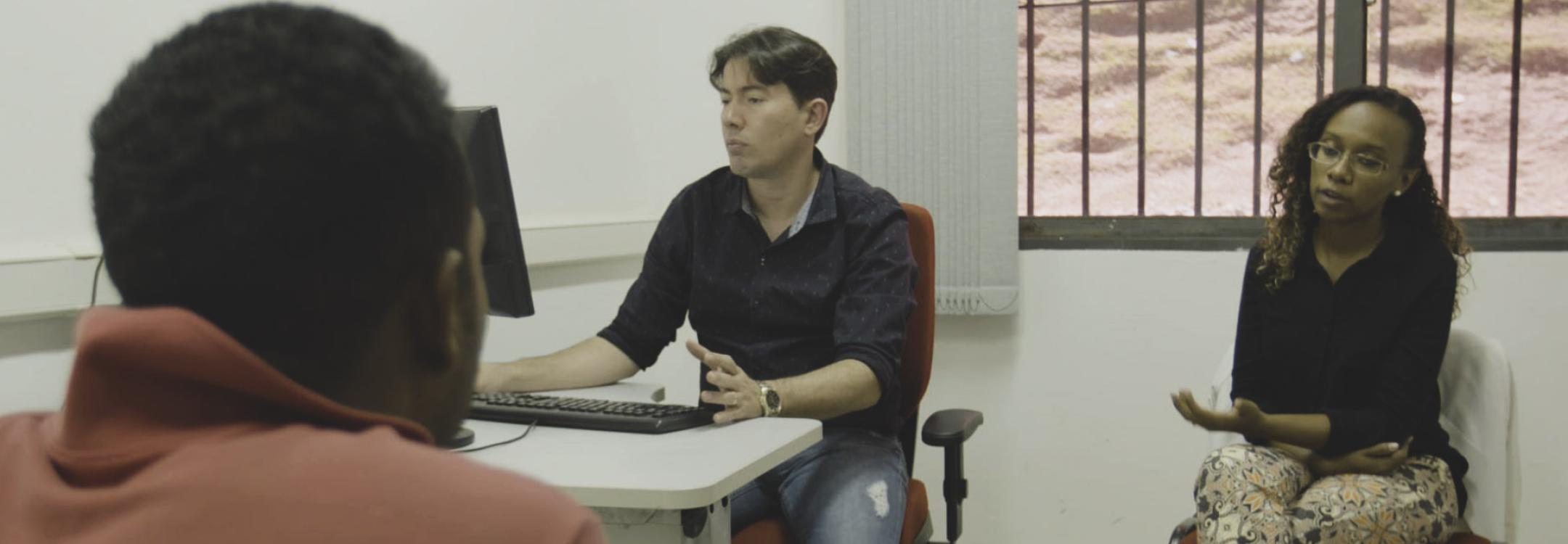
In the coming days events will rightly be held to commemorate the many lives lost on September 11, some 20 years ago. There will also be many words written on the meaning of the events that took place on that bright, autumn morning in New York, as well as the ‘war on terror’ that immediately followed.
It is also important to reflect, however, on one of the darker, more subterranean consequences of 9/11; namely, the embrace of torture as a tool for extracting information and ‘intelligence’. Indeed, torture has become commonplace over the past two decades, even though it is absolutely forbidden, at all times, in all circumstances, for all States.
We know the CIA developed a sophisticated torture programme, involving abductions from other States and secret detention in ’black sites’. The detention camp at Guantanamo Bay – which held nearly 800 people over the years, many of whom were never charged – became the bleak symbol of this program. Interrogators there practiced torture, including waterboarding and prolonged sleep deprivation.
The extent of human right violations and violations of the Geneva Conventions was laid bare in the Senate Intelligence Committee's report published in 2014, despite the many redacted paragraphs.
This programme has not only forever broken the victims and their families, as well as the torturers, it has also undermined the foundations of the rule of law. Initially denied using convoluted terminology or Orwellian euphamisms - 'enhanced interrogation methods' – torture was gradually reframed as a 'necessary evil' to guarantee security in the war on terror.
More seriously, it has laid a dark pathway for others to tread. Not only is torture defended, it has been claimed by those in positions of ultimate authority. “I love waterboarding,” former United States President Trump exclaimed. Other Presidents, including Bolsonaro in Brazil and Duterte in the Philippines, have followed suit. There is no longer a taboo.
Movies and TV shows – from ‘24’ to ‘Zero Dark Thirty’ – have reinforced this discourse, which has filtered into public opinion. Polls show a growing number of people think torture is sometimes necessary. But, as Camus once asked, “if the end justifies the means, who justifies the end?”.
It is time to reaffirm the absolute prohibition on torture. Lifting the secrecy surrounding the CIA torture programme and closing Guantanamo Bay are necessary first steps.
We must also show that the fight against terrorism is more effective if we replace interrogations with alternative methods that provide accurate and reliable information. That is why the APT and other partners are advocating for the adoption of new international Principles on Effective Interviewing.
We must also reiterate that torture is a poison. The voices of victims, their families, lawyers, doctors, journalists, civil society, young people and others must be heard. That we want to live in societies were the rule of law is respected. That we want to live in societies free from torture, in law and in practice. Always.